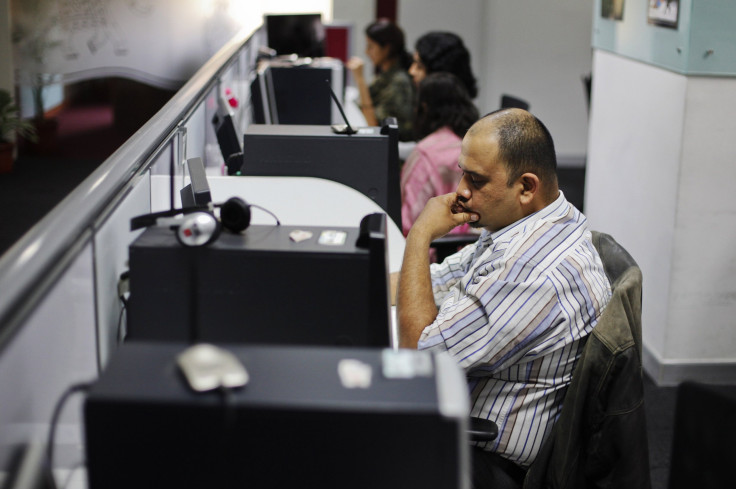Sitting is not worse for health than standing, research reveals

Sitting down is as bad as standing up for a long period of time, a new study suggests, offering a fresh take on health claims about prolonged sitting. Researchers from Exeter University and University College London said their findings cast doubt on sit-stand desks, which employers are increasingly providing to promote healthy working environments.
In the study published in the International Journal of Epidemiology, the team followed more than 5,000 people over a 16-year period. The researchers asked participants to provide information on their daily routines, such as the amount of time they spent sitting, the type of sitting they performed and their physical activity. The team considered variable factors including age, gender, socioeconomic status and alcohol consumption in the study.
The team found that there was no influence on mortality risk for participants from sitting at work, during leisure time or watching television. “Any stationary posture where energy expenditure is low may be detrimental to health, be it sitting or standing,” said Dr Melvyn Hillsdon, one of the study’s authors who works at Exeter’s sport and health sciences department.
Mobility while sitting or standing is the key aspect in a person’s health, the researchers said. Their study challenges the claim of the UK National Health Service, or NHS, which states that remaining seated for too long is bad for one's health, regardless of the number of exercises a person does.
“Our study overturns current thinking on the health risks of sitting and indicates that the problem lies in the absence of movement rather than the time spent sitting itself,” Hilldson said.
In 2014, the NHS said on its website that there were increasing evidence linking excessive sitting with being obese, type 2 diabetes, some types of cancer and premature death. Prolonged sitting, according to NHS, is thought to slow metabolism, which affects the body’s ability to regulate blood sugar, blood pressure and break down body fat.
NHS recommended an active break from sitting every 30 minutes. It cited Professor Stuart Biddle, who led the national guidelines on reducing sitting and is now at Victoria University in Australia. According to Biddle, people who take regular exercise may still be broadly sedentary.
“If someone goes to the gym or walks for 30 to 45 minutes a day, but sits down the rest of the time, then they are still described as having a sedentary lifestyle,” Biddle said.
Some countries have made recommendations for how long children and adults should sit in a day. In Australia, the health department advises to limit the amount of time spent in sitting to one to two hours a day. It also says people should break up long periods of sitting as often as possible, minimise sedentary behaviour and engage in physical activities to reduce health risks.
Contact the writer at feedback@ibtimes.com.au or tell us what you think below.






